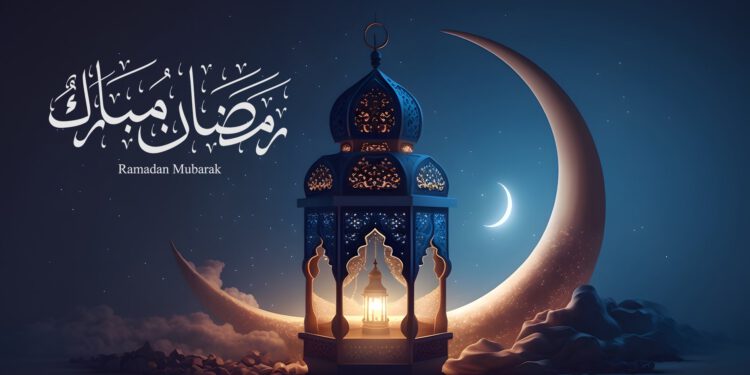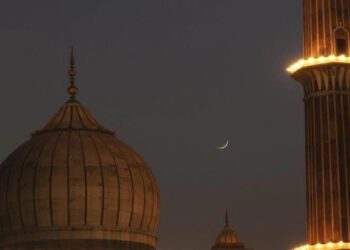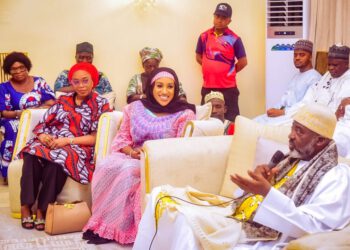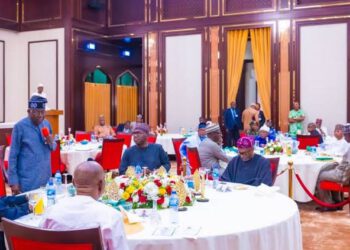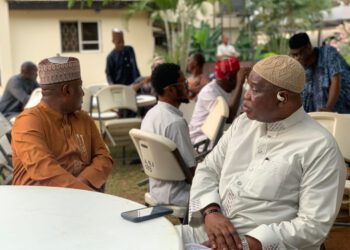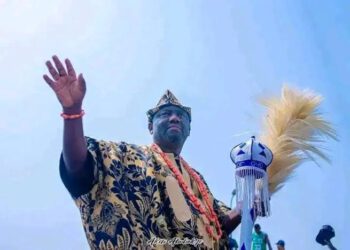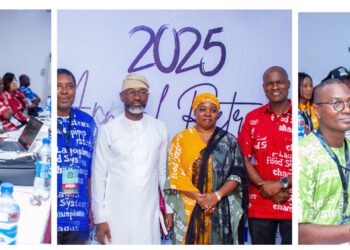Eid al-Fitr, (Arabic: “Festival of Breaking Fast”) also spelled ʿĪd al-Fiṭr, also called al-ʿĪd al-Ṣaghīr, Turkish Ramazan Bayramı (“Ramadan Festival”), first of two canonical festivals of Islam. Eid al-Fitr marks the end of Ramadan, the Muslim holy month of fasting, and is celebrated during the first three days of Shawwāl, the 10th month of the Islamic calendar (though the Muslim use of a lunar calendar means that it may fall in any season of the year). This piece will be emphasizing more on how Eid al-Fitr is been practice.
Ramadan, in Islam, the ninth month of the Muslim calendar and the holy month of fasting. It begins and ends with the appearance of the crescent moon. Because the Muslim calendar year is shorter than the Gregorian calendar year, Ramadan begins 10–12 days earlier each year, allowing it to fall in every season throughout a 33-year cycle. Ramadan, however, is less a period of atonement than it is a time for Muslims to practice self-restraint, in keeping with ṣawm (Arabic: “to refrain”), one of the pillars of Islam (the five basic tenets of the Muslim religion). Although ṣawm is most commonly understood as the obligation to fast during Ramadan, it is more broadly interpreted as the obligation to refrain between dawn and dusk from food, drink, sexual activity, and all forms of immoral behaviour, including impure or unkind thoughts. Thus, false words or bad deeds or intentions are as destructive of a fast as is eating or drinking.
Moving on, Eid al-Fitr, as one of the most important day to Muslim, celebrated all over the world with great joy and happiness. emphasizing more on how Eid al-Fitr is celebrated, in some communities Eid al-Fitr is quite elaborate: children wear new clothes, women dress in white, special pastries are baked, gifts are exchanged, the graves of relatives are visited, and people gather for family meals and to pray in mosques. This was a day of blessings which the whole community had a share in. Everybody was encouraged to participate in the Prayer and listen to the sermon. The Prophet Muhammad began his celebrations with two units (rakahs) of ritual Prayer followed by a sermon after which the congregation was asked to contribute to charity. It is estimated that more than 1.8 billion Muslims celebrate Eid each year making it one of the biggest religious festivals in the world.
furthermore, Another widespread tradition of Eid-al-Fitr is the exchanging of gifts, known as Eidi or Eidiya. The Prophet Muhammad (peace be upon him) encouraged this practice saying: “Give gifts to one another, you will love each other” (Hadith, Al Mufrad). It is Sunnah(Arabic: habitual practice) to recite takbeer on the occasion of Eid al-Fitr, for the one who sights the moon, because Allah, may He exalted, says (interpretation of the meaning): “(He wants that you) must complete the same number (of days), and that you must magnify Allah (i.e. to say Takbeer (Allahu-Akbar; Allah is the Most Great) on seeing the crescent of the months of Ramadan and Shawwal) for having guided you…” [al-Baqarah 2:185]. Completing the same number of days means completing the fast. Recitation of takbeer ceases when the imam comes out to deliver the khutbah [before the Eid prayer].
In addition, Eid al-Fitr features two to three days of celebrations that include special morning prayers. People greet each other with “Eid Mubarak,” meaning “Blessed Eid” and with formal embraces. Sweet dishes are prepared at home and gifts are given to children and to those in need. However, Muslims are encouraged to forgive and seek forgiveness. Practices vary from country to country. Throughout the Muslim world there are numerous other greetings for Eid ul-Adha and Eid ul-Fitr. The companions of Muhammad used to say to each other in Arabic when they met on Eid ul-Fitr: Taqabbalallâhu minnâ wa minkum (which means “[May] God accept from us and you [our fasts and deeds]”). The Quran also talk about how Eid ul-Fitr, “You shall complete the number [of days] and you may glorify God for his guiding you, and that you may be thankful.” This verse refers to the completion of 29 or 30 days of fasting in the Islamic month of Ramadan and the celebratory day after, called Eid al Fitr.
In conclusion, Eid al-Fitr, as it follows the fasting of Ramadan, is also seen as a spiritual celebration of Allah’s provision of strength and endurance. Amid the reflection and rejoicing, Eid al-Fitr is a time for charity, known as Zakat al-Fitr. Eid is meant to be a time of joy and blessing for the entire Muslim community and a time for distributing one’s wealth. Eid ul Fitr symbolizes virtues like patience, piety, godliness and fortitude. It is a day of celebration as those who observe the fast during Ramadan receive the rewards of rigorous spiritual discipline and month-long worship.


